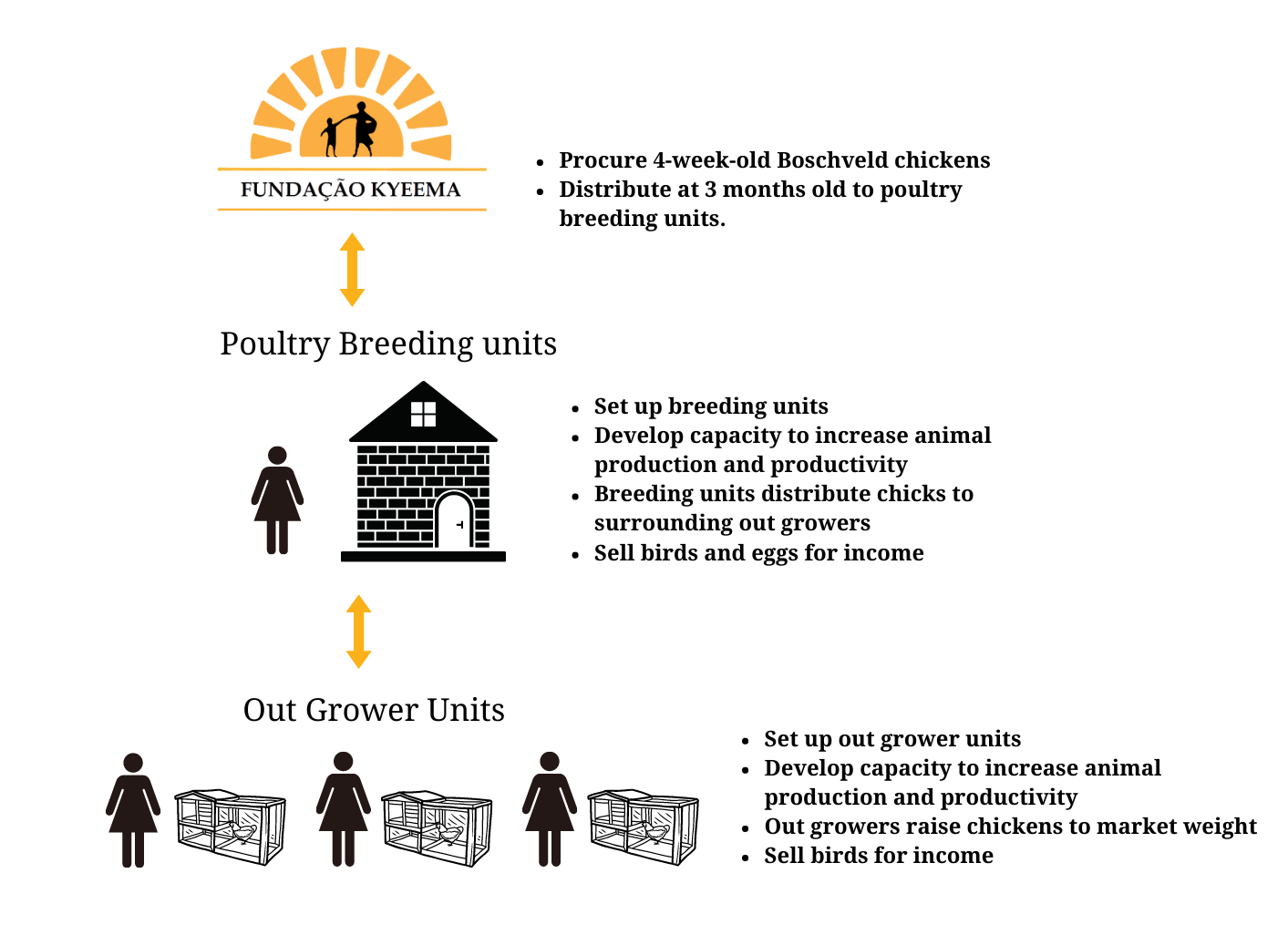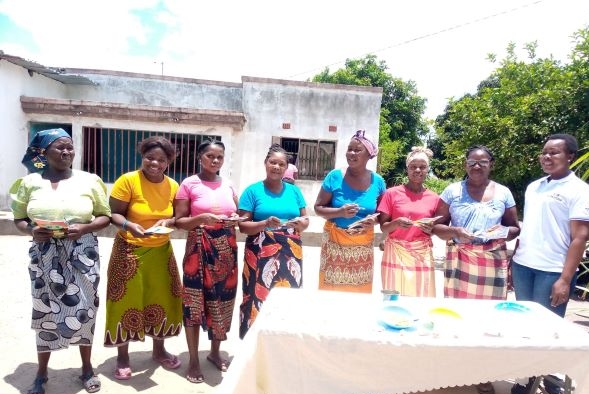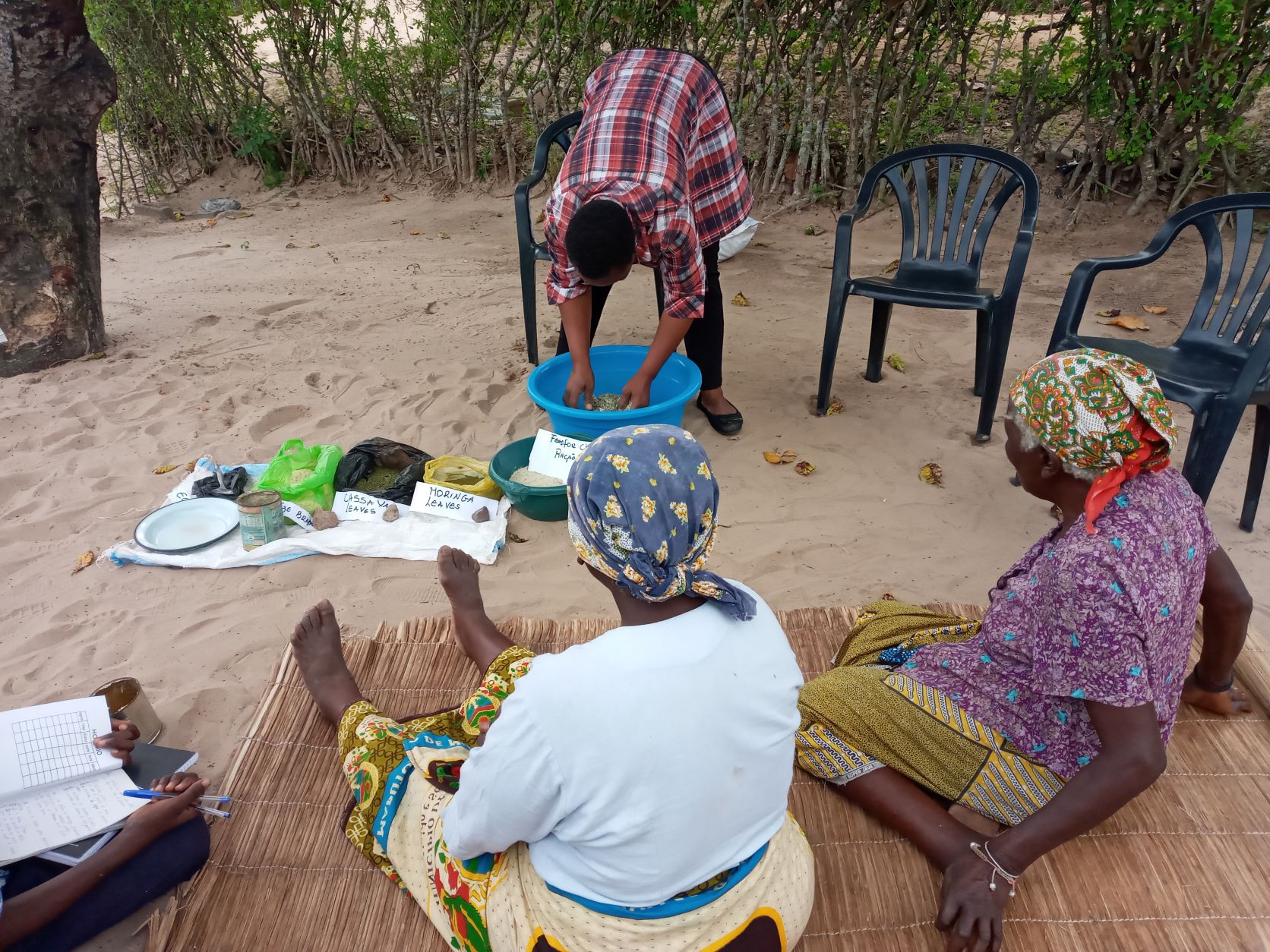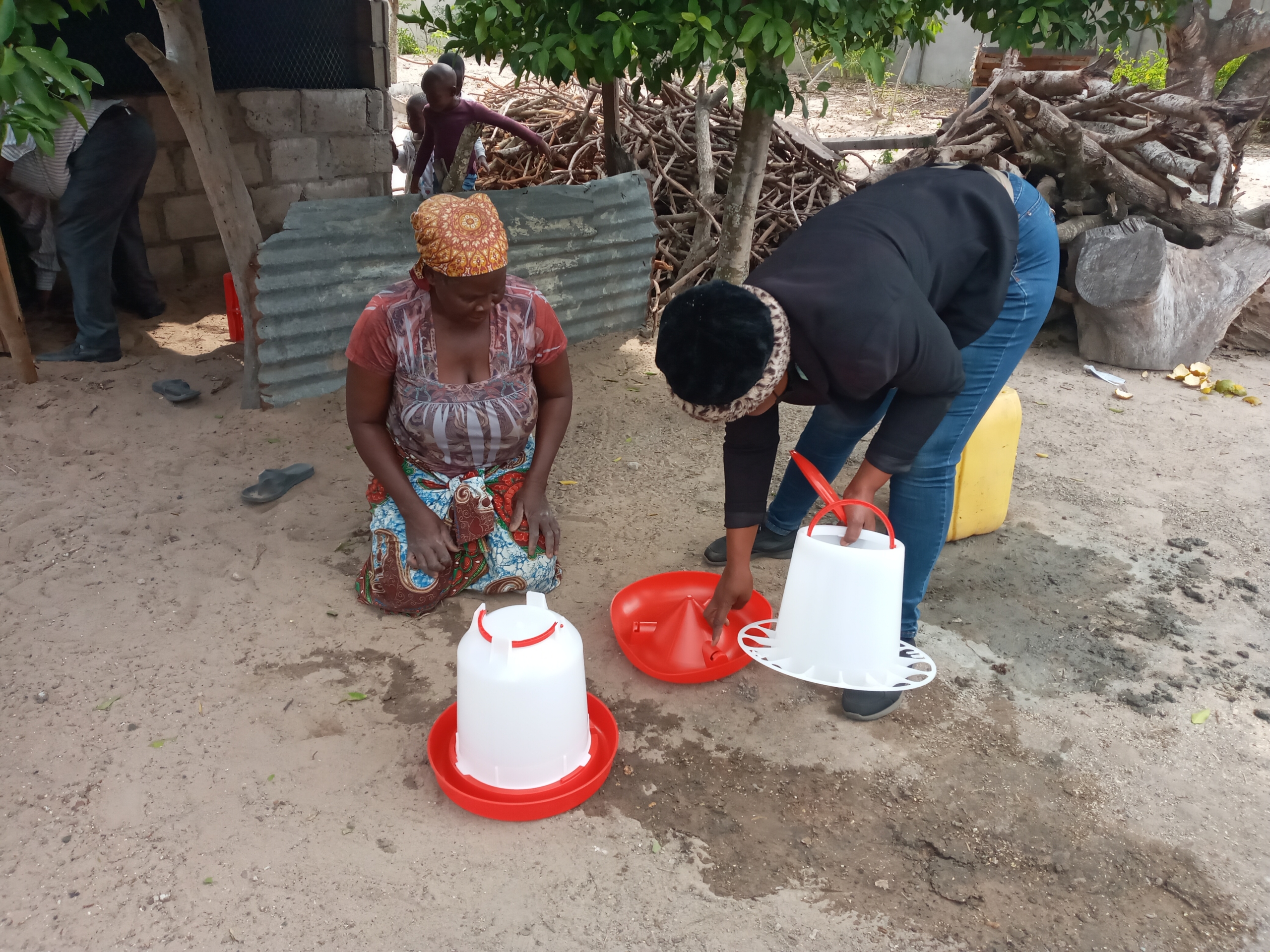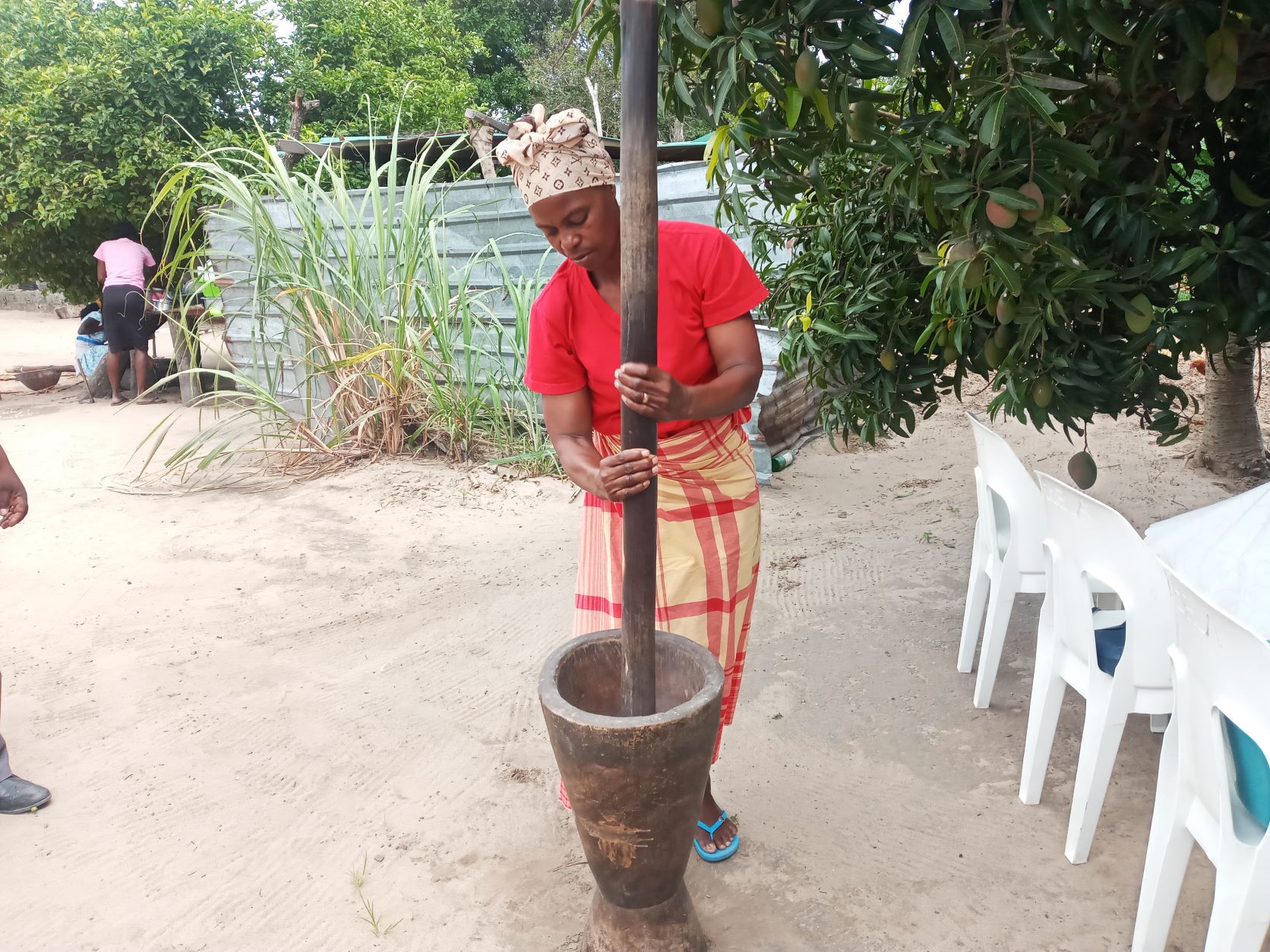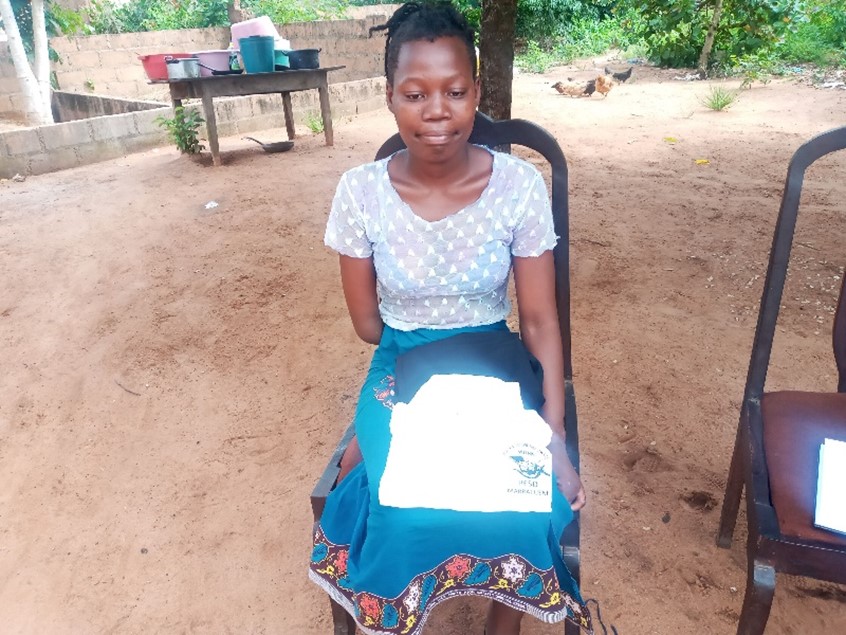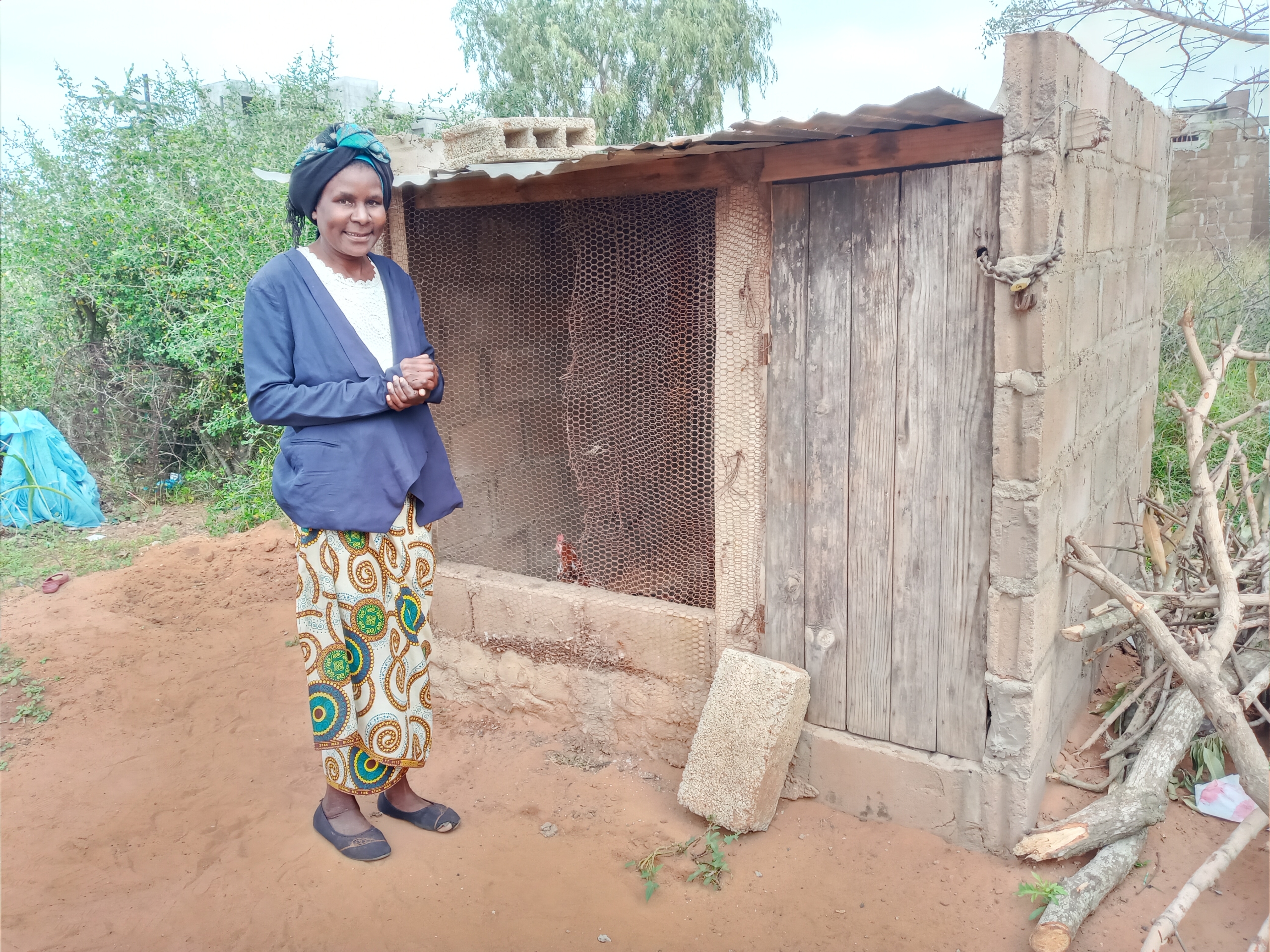Promoting Local Chicken Small Business to Mitigate the Impact of
COVID-19 on Rural Vulnerable Women
Kyeema’s “Promoting local chicken small business to mitigate the impact of COVID-19 on rural vulnerable women” project is making efforts to improve the nutrition, health and livelihoods of rural communities in Mozambique. The pandemic has negatively impacted people’s livelihoods due to restrictions on the movement of goods and people, which has caused economic hardship, especially for female-headed households. This project was designed to mitigate these impacts by promoting small-scale poultry production as a means of economic empowerment for vulnerable women.
Small-scale poultry production has significant potential for the rural communities in Mozambique. Women accrue most of the income from poultry, which helps to support their families and invest in their futures. The project model adapted the International Fund for Agricultural Development (IFAD) Cambodia “Semi-intensive rural poultry production model”. This model has positive impacts for female beneficiaries, such as providing them with a source of income and economic empowerment, building their skills and knowledge in animal husbandry and business management, and improving food security and nutrition.
The project involved setting up three small poultry breeding units and 30 outgrower units. Each breeding unit develops capacity to increase animal production and productivity, and then distributes chicks to surrounding outgrowers. The outgrowers raise the birds to a larger size, typically with a focus on high-quality feed and management practices. Once the animals reach a certain weight or age, they are sold to local markets or nearby towns. The outgrowers receive training and support from the breeding units and extension officers in animal husbandry, feed management, and market access, among other things.
The project aims to improve food security and nutrition in rural communities. By increasing the availability of high-quality animal products for household consumption and in local markets, it can provide greater access to protein and other essential nutrients, which
can improve health outcomes. Also, the model can support local economies and promote sustainable agriculture practices, which can help build resilience in the face of climate change and other challenges.
Training on poultry feed mixtures based on home-produced feed resources.
One of the challenges faced by the project has been the affordability of high-quality feed, which is crucial for the health and growth of the chickens. To address this, the project has trained the beneficiaries to make their own poultry feed mixtures based on home-produced feed resources or ingredients obtained locally. Additionally, the project has provided training and support in disease prevention and management to address issues related to disease and mortality rates, which can affect the profitability of the outgrowers. Despite these challenges, the project has been successful in achieving positive outcomes, including providing a source of income and economic empowerment for women in rural communities, improving food security and nutrition, supporting local economies, and promoting sustainable agriculture practices, which can help build resilience in the face of COVID-19, climate change and other challenges.
Mrs Clara crushing egg shells to mix in the poultry feed.
Salma sitting with her new uniform purchased with money from egg and chicken sales.
Salma Matavel, a 20-year-old outgrower under the project, lives with her family of 10 people. She received support from the project in the form of thirty 21 day-old chicks, a starter pack containing feeders, drinkers, chicken feed, and training in poultry production. When the chicks had grown up, Salma began selling chickens and eggs. From the sale of 16 chickens and 116 eggs, she earned around 7000,00 MZN (110 USD). Some of the remaining hens are also hatching chicks. Salma plans to open a small business with the money she earns from the chickens in the future.
“With the money, in addition to helping with the household expenses, I paid my school fee for this year and bought my books and other school materials without many difficulties as it used to be. I am very grateful for being part of this project.”
The breeding units and outgrowers in Marracuene district have gained technical knowledge in the new poultry-keeping techniques using the semi-intensive poultry production model. The women are selling eggs and chickens and with the money earned they are buying poultry feed, maize bran, vaccines and dewormers when they need them. They are also eating eggs and chicken, which contributes to improving their household income and nutrition. Livestock and extension technicians also attended the trainings and accompanied the team from Kyeema during the project implementation so that they will be in a position to support the farmers on an ongoing basis to ensure sustainability.
In conclusion, the “Promoting local chicken small business to mitigate the impact of COVID-19 on rural vulnerable women” project has provided a powerful tool for promoting improving nutrition, health and livelihoods through economic empowerment, food security, and sustainable agriculture, with particular benefits for the female participants.
Mrs. Lucia with her new chicken house.
The encouraging outcomes of the project have led to the establishment of our new ANCP program in Mozambique, based on the expansion of these activities. We are thrilled to continue our efforts under the support of the Australian government. Stay tuned for more updates on this program!

